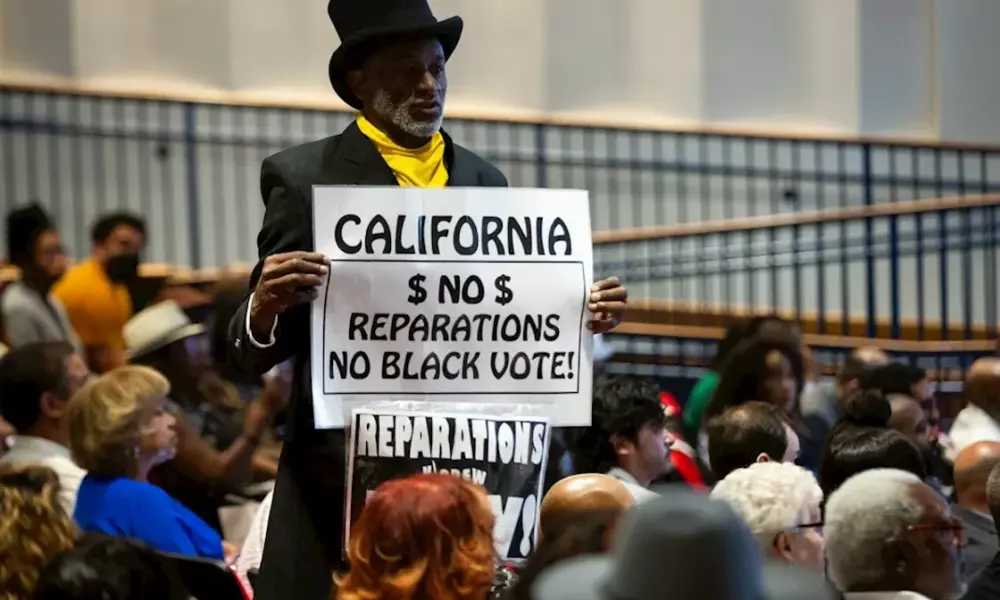On October 15, 2023, approximately 31,000 registered nurses and healthcare professionals represented by the United Nurses Associations of California/Union of Health Care Professionals concluded a five-day strike across California and Hawaii. The strike was sparked by ongoing concerns over staffing levels and wage disparities within the Kaiser Permanente health system.
The strike ended as representatives announced that contract negotiations would resume in the coming weeks following the release of new staffing standards by The Joint Commission. These standards, introduced during the strike, are expected to significantly influence the ongoing negotiations.
Impact of New Staffing Standards
The United Nurses Associations emphasized that the new guidelines elevate safe staffing from being merely an employer preference to a formal patient safety standard. This transition is seen as a critical shift that empowers healthcare professionals in their negotiations. Charmaine S. Morales, President of UNAC/UHCP, stated, “The Joint Commission has finally said what nurses have known all along: unsafe staffing is unsafe care. Employers like Kaiser can no longer treat staffing like a budget line. It’s now a national patient safety mandate — and UNAC/UHCP will make sure it’s enforced.”
These new standards are anticipated to reshape the landscape of labor negotiations, emphasizing patient safety in staffing practices. Officials believe this change will strengthen the position of caregivers as discussions move forward.
Negotiations and Future Outlook
On October 17, 2025, Kaiser Permanente’s Southern California Region announced plans to resume bargaining on October 22-23. The health system noted that while staffing issues have been a focal point for the Alliance of Health Care Unions, the primary reason for the strike was centered on wages. Kaiser is committed to achieving an agreement that would provide substantial wage increases and enhance medical plans and retiree benefits, all while maintaining their commitment to high-quality, affordable care.
As negotiations move ahead, both the union and Kaiser Permanente are under pressure to address the pressing concerns raised during the strike. The outcome of these discussions will not only affect the terms for the healthcare professionals involved but will also have implications for patient care standards across the regions served by Kaiser.
The resolution of this labor action marks a pivotal moment for healthcare workers in the system, as they seek to ensure that their voices are heard in negotiations that directly impact their working conditions and the quality of care patients receive.







